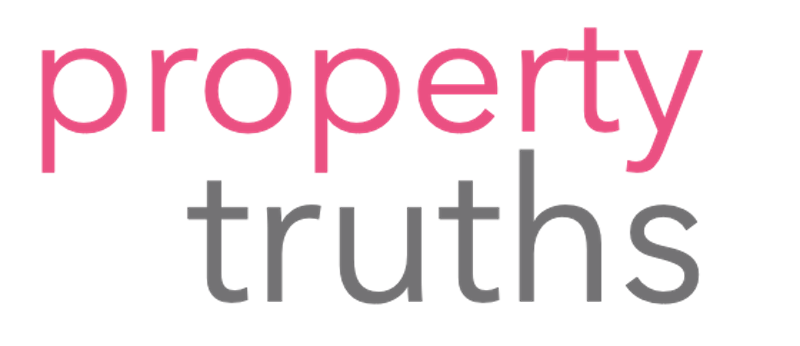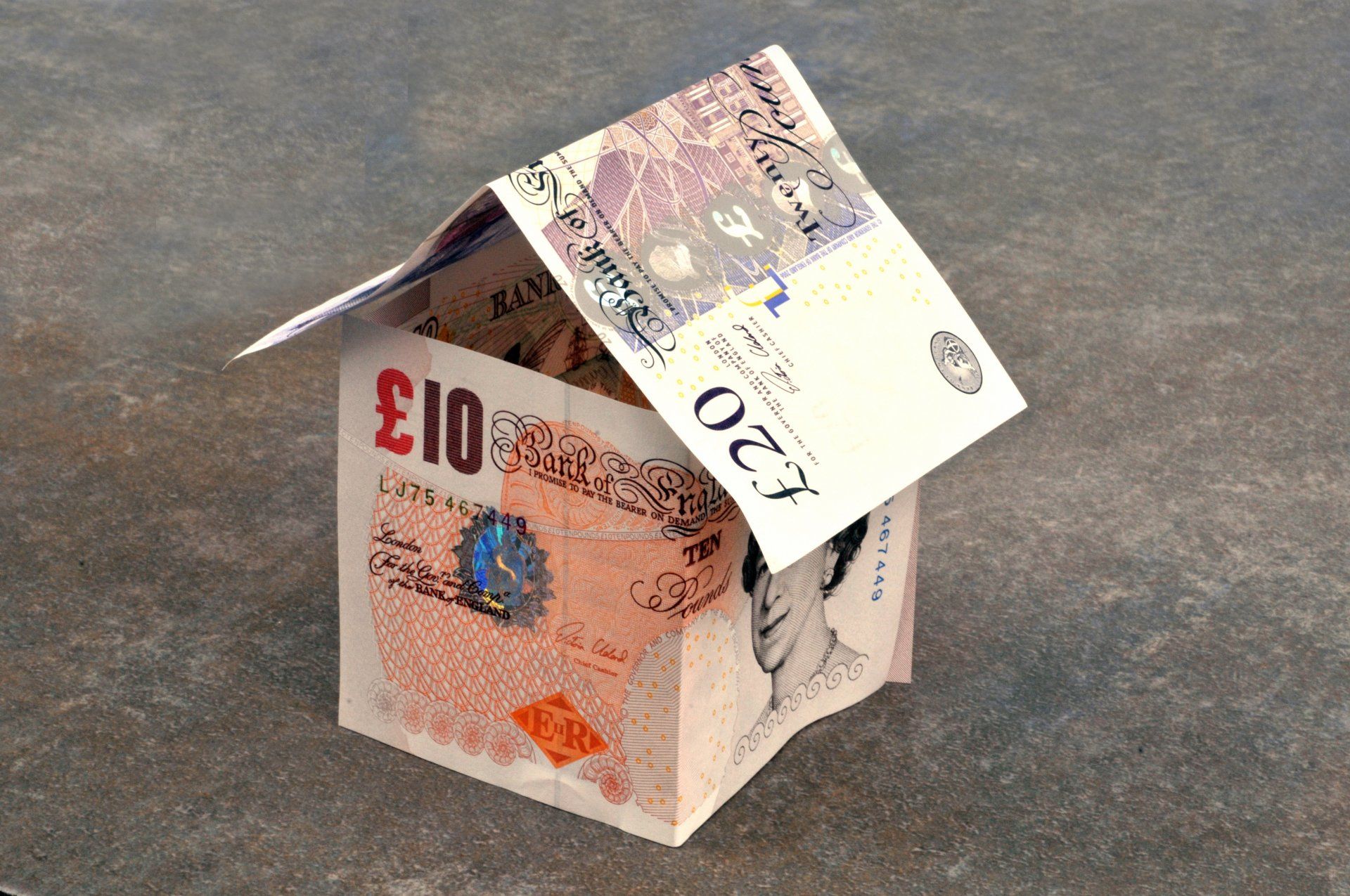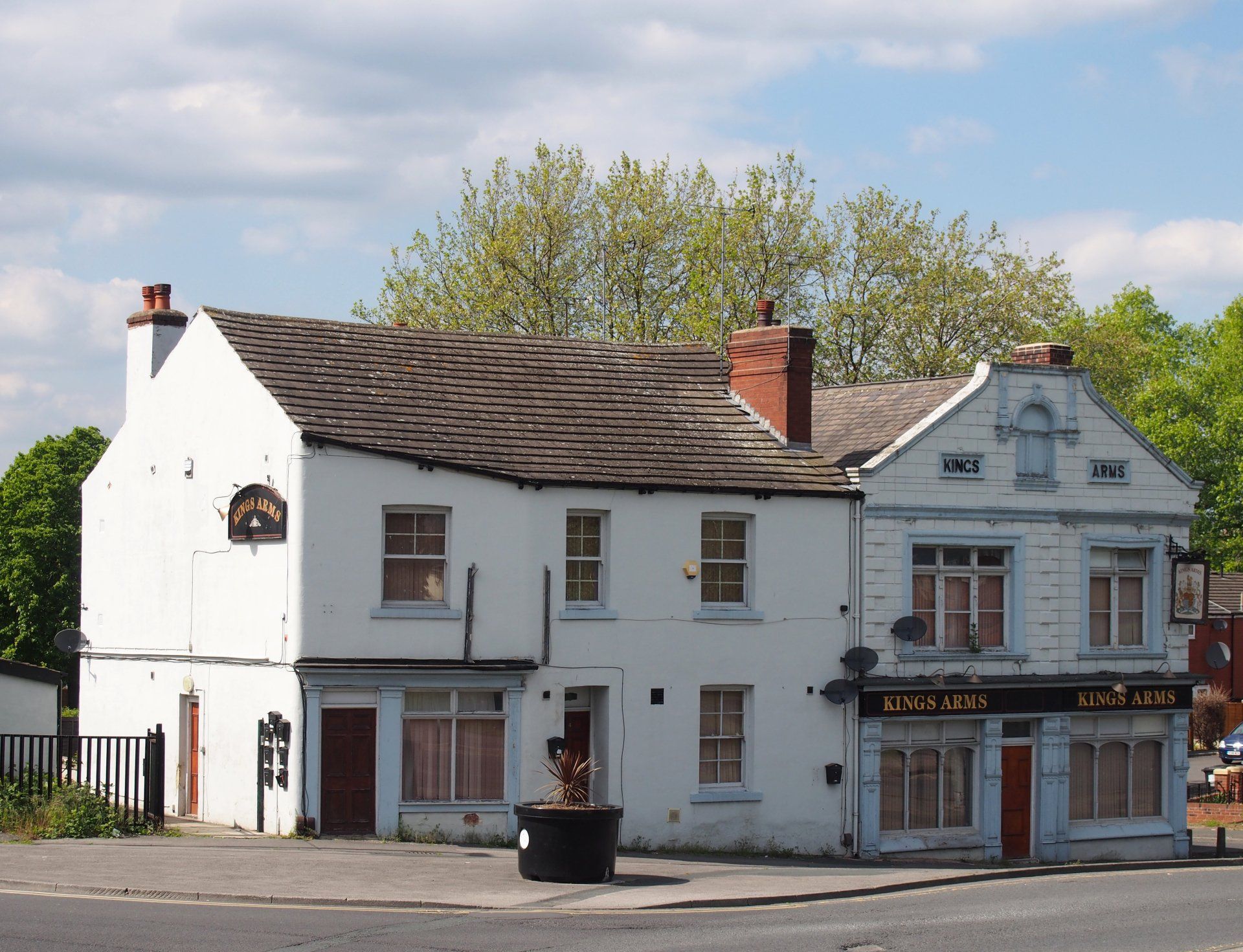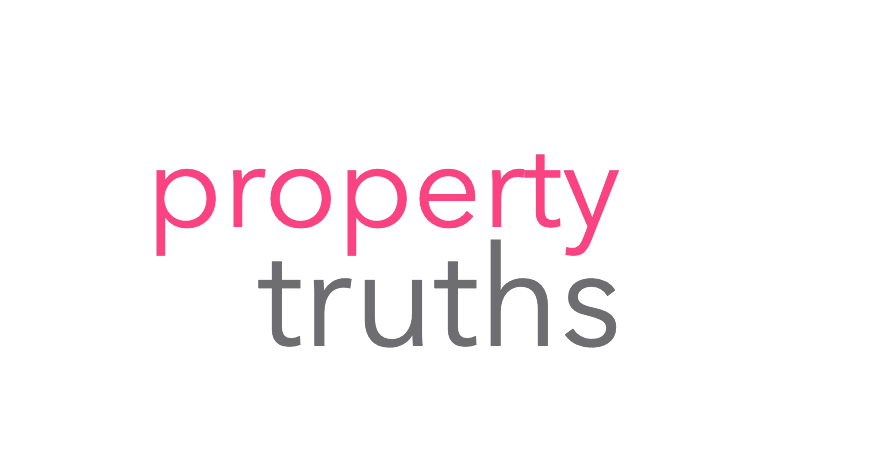Property Valuation In A Covid World - Things To Consider
Robert Frost • June 10, 2020
Property Valuation - What Do We Know?
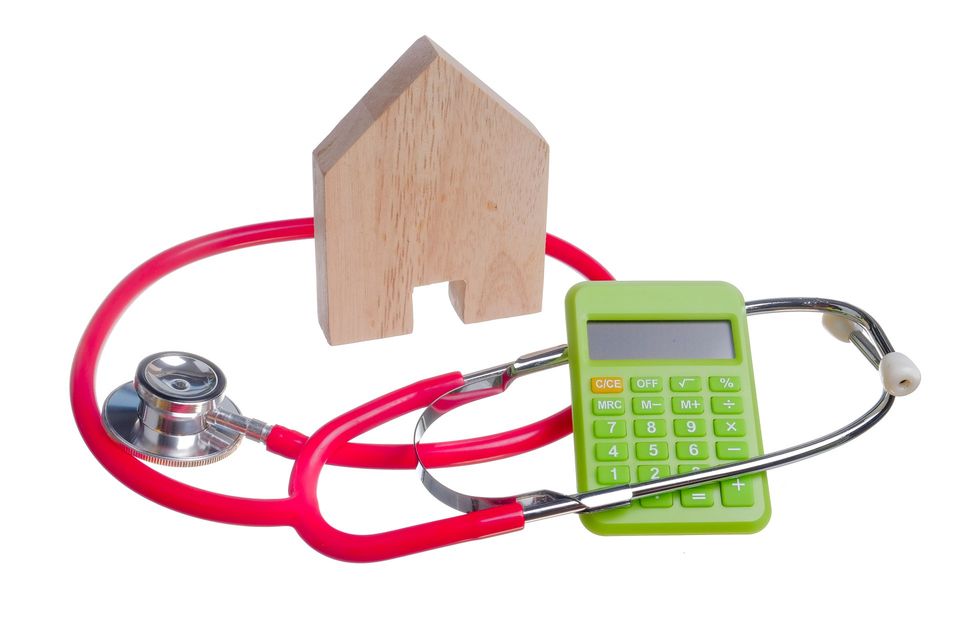
Are you thinking of buying an investment property in the Covid world?
Do you reckon prices will fall, go up or stay stable?
If you know the answer to the prices question then have you got a Crystal Ball and, if so, please can I borrow it?
Whenever we make property investment decisions we should be seeking to minimise the risks and maximise the returns. To do this we rely on facts, knowledge, experience and skill.
So let’s look at each of these in turn:
1. The Facts
As of early June 2020 the facts are quote hard to come by but here are some examples of what information is available:
a. According to the Bank of England, the number of mortgage approvals for house purchase was 15,800 in April, down from March’s figure of 56,100 and some 80% lower than February. This is the lowest level since the tracking began in 1993, and is about half the number of approvals seen during the lowest point of the 2008/09 financial crisis.
b. Robert Gardner, Nationwide’s Chief Economist is reported as saying that “UK house prices fell by 1.7% over the month in May, after taking account of seasonal effects–this is the largest monthly fall since February 2009,”
c. As of 10 June 2020 there is only one mortgage provider offering 90% LTV products on BTL investments and they are seriously limiting the availability of these funds to the market.
d. According to the Yomdel Sentiment Tracker New vendor enquiries remained at record levels, nudging up 1.03%, or 1.4% points, to 137.28, equivalent to 37% above the pre-Covid-19 average whilst buyers remained almost flat at their all-time-time record levels, dipping 0.78%, or 1.64 points, to 209.11, with demand now 109% above pre-covid-19 averages.
e. As of 01 June 2020 the cloud based estate agency software supplier , Reapit, has published statistics for the previous 13 weeks that shows Combined net viewings for sales and lettings are now only -26.36% below pre-Covid levels, whilst combined applicants registrations only have another 10.51% to go before recovering to February numbers.
f. The estate agency daily newsletter Property Eye reports the following, based on market intelligence data from Twentyea, that since the start of May, there has been the following activity:
i. New Instructions: 60,962 (up 62%)
ii. Fall-throughs: 21,268 (up 37%)
iii. Price reductions: 23,344 (up 54%)
iv. Properties re-listed: 6,981 (up 33%)
v. Sales Agreed: 38,124 (up 77%)
2. Knowledge
Working on the assumption that knowledge comes from the interpretation of the facts it is clear that we have a lot of facts but to interpret this usefully and turn into knowledge is somewhat difficult given the amount of variables involved.
It seems relatively clear that there is still a demand for property and that supply remains restricted; conditions that would normally lead to a steady rise in property values over time.
What we don’t know is the following:
a. What the underlying health of the economy will be moving forward?
b. What the availability of finance will be, at what rates and what ratios ?
c. What appetite buyers will have for risk?
d. Whether there will be another lockdown?
These are fundamental questions that we just don’t know the answers to with any certainty and as such it would be fair to say that our knowledge in respect of the housing market moving ahead is incomplete.
3. Experience
We all have different experiences and these obviously play a part in our judgements. Some of us will have great memories of making a financial killing from the fall-out of the 2008 crash whilst others will have sad memories of losing virtually everything as the banks closed in without any consideration except their own balance sheets.
From my experience, I can see it both ways. I recall many people in the 2005-2008 period following the hype around property investing and borrowing and leveraging as much as they could with little regard for risk. Some of these were fortunate and rode the storm to retain what would now be considered fairly decent portfolios. A majority however lost pretty much everything; however they tried to batten down the hatches and ride it out the financial waves were just too powerful and they eventually sunk.
I also saw the more conservative investors refusing to be seduced by 110% mortgages and maximum leveraging due to ever-increasing house prices. These investors, by and large, rode it out. They didn’t make the large returns that some more risky investors did but neither did they expose themselves to negative equity and the threat of foreclosure and potential bankruptcy.
The third group of people is those who watched and waited. I would include myself in this group. Fortunately I never believed the hype and quickly realised that a lot of investments were being built on sand, so to speak, and that a large amount of BTL lending was irresponsible and simultaneously fuelling house price inflation. So, instead of borrowing to buy during the boom I arranged a finance facility to buy during the crash. I had a large pre-agreed amount put to one side and just kept available for when the market bottomed out and then I bought repossessions and distressed properties when everyone else had run out of cash.
4. Skill
The skill in property investing comes down to the ability to take all the information, analyse it properly, develop a plan and then execute that plan profitably. This will usually bring success.
Unfortunately, luck is sometimes mistaken for skill. There are some well known property ‘gurus’ out there whose fortune has come about more from luck than judgement and well done to them for being in the right place at the right time. The problem is that luck can’t be passed on or taught. Unlike luck, skills can be acquired and improved with experience and hard work.
So what does this all mean for valuing property in the Covid world?
It is pretty simple really, no-one really knows where the market is heading. The indicators look positive but there are some really important unknowns that could have the opposite effect. It’s just too early to tell.
From a valuer’s perspective this makes determining value uncertain. Sure, there is evidence of previous house sales to go on and based on the RICS standard of the valuation applying on the day of valuation only – not the day before, or the day after – it is reasonable to apply the market evidence, knowledge, experience and skill to the determination of value. However, any valuation figure from a chartered surveyor at the current time will more than likely carry a caveat along the lines that states the valuer “feels that the unknowns are so significant that the valuation produced would be less reliable than in normal circumstances”.
So what does this mean for a BTL investor?
Well, this is a tricky one but I think my view would be to approach the market with extreme caution.
As well as the uncertainty regarding capital values I would recommend looking at the market in the round. You will need to consider the likelihood or otherwise of increased unemployment in the areas you are investing in – this will impact the ability of tenants to pay the rent. You will also need to examine your own financial position – can you cover voids if your job is at risk?
Everybody will have their own approach which is ultimately a distillation of their perceived risk versus the rewards based on the knowledge, experience and skills they have.
One thing is for sure, those few with a Crystal Ball won’t be sharing what they can see!
Robert Frost MRICS is a Chartered Surveyor specialising in property valuation, sales and management. He works part-time as an independent mortgage valuer on behalf of many of the High Street banks and spends the rest of his time as a property investor and entrepreneur. His website http://www.propertytruths.com is the antidote to Get Rich Quick property schemes.

